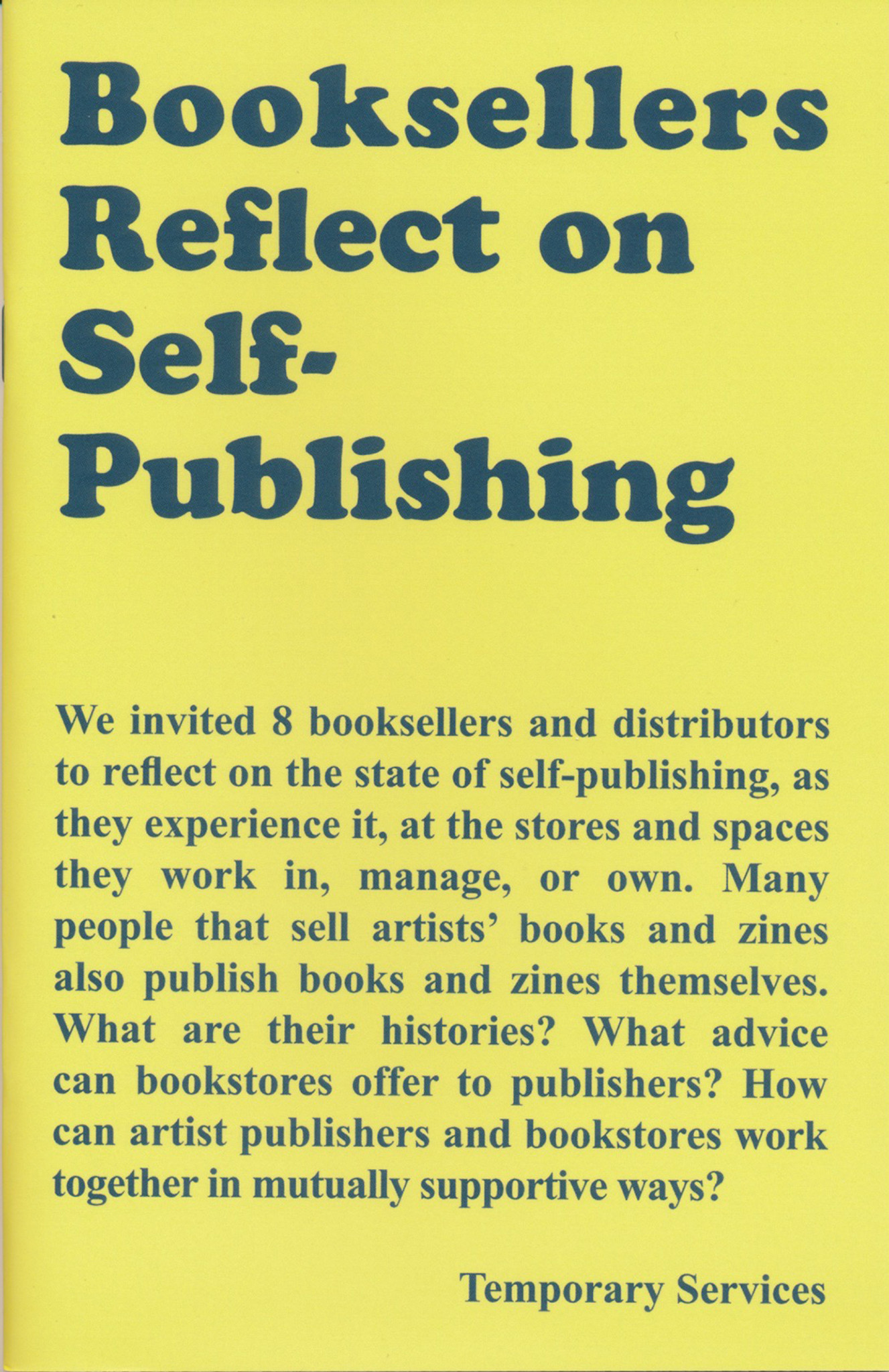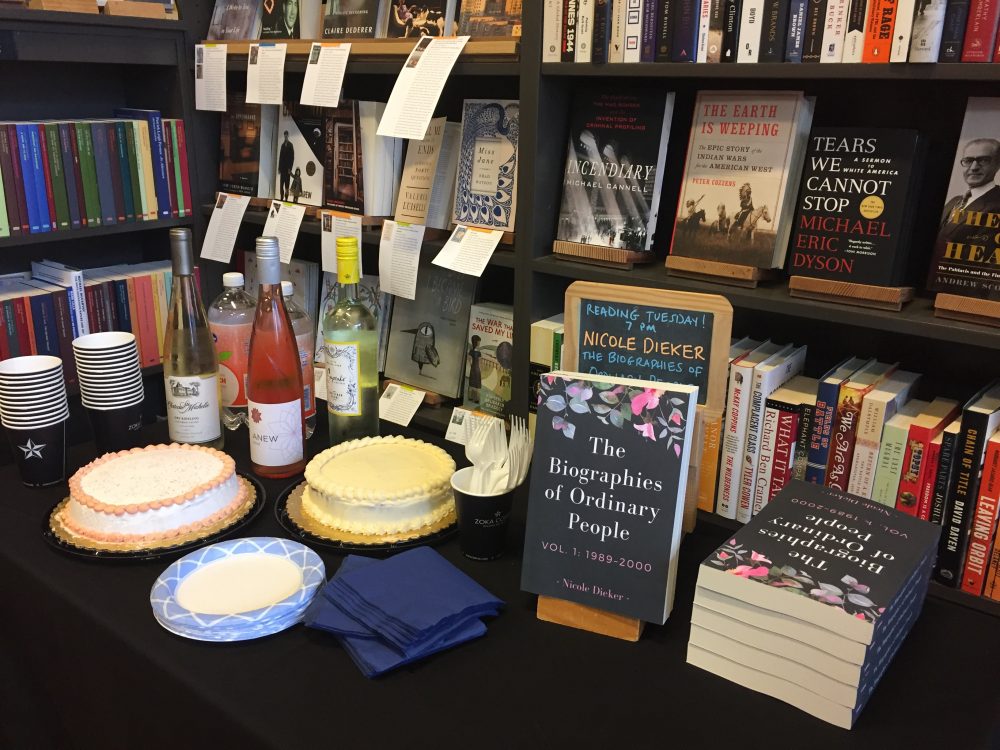Have you ever wondered why so many people choose to self-publish their books? Maybe you have a story inside you waiting to be told, but the thought of traditional publishing feels overwhelming or out of reach.
Self-publishing offers you control, freedom, and the chance to share your work with the world on your own terms. You’ll discover the real reasons behind the rise of self-publishing and how it might be the perfect path for your writing dreams.
Keep reading—you might just find the motivation and insights you need to take the next step.

Credit: halfletterpress.com
Rise Of Self-publishing
Self-publishing has become very popular in recent years. Many writers now choose to publish their own books. This change affects the whole book industry. It gives writers more control and freedom. Writers no longer need to wait for a publisher’s approval. They can share their stories with readers quickly and easily.
The rise of self-publishing also means more books are available. Writers can try new ideas and reach readers worldwide. This trend grows as technology improves. It opens new doors for creative people everywhere.
Traditional Vs. Self-publishing
Traditional publishing means a publisher handles the book. They manage editing, design, printing, and marketing. Writers must submit proposals and wait for approval. This process can take months or years.
Self-publishing lets authors do everything themselves. They control the content, cover, and price. Authors can publish fast, sometimes in days. They keep most of the profits from sales. This option suits writers who want full control.
Technological Advances Driving Growth
Technology plays a big role in self-publishing growth. Digital tools help writers edit and format books easily. Online platforms let authors upload books worldwide. Print-on-demand services reduce printing costs and waste.
Social media and email help authors find readers and promote books. E-books and audiobooks reach more people than paper books. These advances make self-publishing more affordable and accessible.
Creative Control And Freedom
Creative control and freedom attract many authors to self-publishing. Writers want full power over their work. They can decide every detail without limits from publishers. This freedom lets them express ideas exactly as they wish. It also allows experimenting with styles and formats. Self-publishing offers a path to keep art pure and personal.
Choosing Content And Design
Authors pick their own topics and stories. They decide the length and style of their books. No one forces changes or cuts. Writers also select cover art and interior design. This choice helps books stand out and fit their vision. Self-publishing means total control from start to finish.
Flexible Publishing Timelines
Self-publishers set their own deadlines. They can publish fast or take more time. No pressure from traditional schedules or contracts. This flexibility suits busy or part-time writers. It also allows updating books easily after publishing. Authors control the pace and timing of their work.
Financial Advantages
Self-publishing offers many financial benefits for authors. It allows them to keep more money from their book sales and spend less upfront. This approach appeals to many writers who want control over their earnings and costs. Understanding these financial advantages helps explain why self-publishing is so popular today.
Higher Royalties
Authors earn more money per book sold through self-publishing. Traditional publishers often take a large share of royalties. Self-publishing platforms can offer 60% to 70% royalties or more. This means writers keep a bigger part of their sales income. Higher royalties motivate authors to publish their books independently.
Lower Upfront Costs
Self-publishing requires less money before launching a book. Traditional publishing often needs large investments in editing, design, and marketing. With self-publishing, authors control spending and can do tasks themselves. Many tools and services are affordable or free online. Lower upfront costs reduce financial risks for new authors.

Credit: janefriedman.com
Building Direct Reader Relationships
Building direct reader relationships is a key reason many authors choose self-publishing. It helps writers connect closely with their audience. This connection creates trust and loyalty. Authors can understand readers better and meet their needs.
Direct relationships also give writers control over communication. They can share updates, news, and special offers without middlemen. Readers feel valued and involved in the author’s journey. This bond often leads to repeat readers and word-of-mouth promotion.
Engaging Through Social Media
Social media platforms allow authors to talk directly with readers. Writers can share stories, ideas, and behind-the-scenes content. Readers get a glimpse of the author’s life and work. This interaction builds a personal connection beyond the book.
Authors can answer questions and join conversations instantly. This quick feedback helps improve writing and marketing. Social media also helps authors find new readers interested in their genre. The two-way communication makes readers feel heard and important.
Collecting Reader Feedback
Self-published authors often ask readers for their opinions. Feedback helps improve current and future books. Authors can learn what readers like or dislike. This knowledge guides better storytelling and editing.
Readers enjoy sharing their thoughts and feeling part of the process. Their comments create a sense of community around the author’s work. This connection encourages readers to support the author’s projects and share with friends.
Faster Market Entry
Many authors choose self-publishing to get their books to readers quickly. Traditional publishing can take months or even years. Self-publishing cuts down this wait drastically. Authors can publish their work as soon as it is ready. This speed helps writers stay competitive and active in the market.
Speed matters in publishing. Readers want fresh and current content. Self-publishing allows authors to meet this demand fast. It gives them control over timing and release dates. This flexibility attracts many writers to self-publish.
Avoiding Lengthy Approval Processes
Traditional publishing involves many steps before a book reaches shelves. Authors must wait for agents, editors, and publishers to approve the work. This process can take months or years. Self-publishing removes these barriers. Authors publish without needing permission or approval. This saves time and effort. Writers can share their stories immediately.
Capitalizing On Trends Quickly
Book trends change fast. A topic popular today might be forgotten next month. Self-publishing allows authors to act fast. They can write and publish books on hot topics in days or weeks. This speed helps authors attract readers interested in current subjects. It also helps them earn income while trends last. Traditional publishers often miss these quick opportunities.
Niche And Diverse Voices
Self-publishing has opened doors for niche and diverse voices. Many writers explore topics traditional publishers ignore. This freedom helps more unique stories reach readers. It allows authors to share their cultures, experiences, and views freely. Readers enjoy fresh perspectives that reflect real life and different backgrounds.
Publishing Unconventional Topics
Self-publishing lets authors write about unusual subjects. Topics like niche hobbies, rare cultures, or personal journeys find space here. Traditional publishers often avoid these due to low mass appeal. Self-publishing removes this barrier, giving voice to many stories. Writers can express ideas without needing approval or changes.
Reaching Targeted Audiences
Authors connect directly with readers interested in their niche. They use online tools to find and speak to specific groups. This direct link improves reader engagement and loyalty. Writers build communities around shared interests and unique content. Targeted marketing helps books reach the right people faster and easier.
Challenges In Self-publishing
Self-publishing offers freedom to many writers. It lets them share stories without waiting for traditional publishers. Yet, this freedom comes with real challenges. Writers face tough tasks beyond just writing. These challenges can slow success or affect the book’s quality.
Marketing And Promotion
Authors must promote their books by themselves. No big company to handle ads or sales. They need to learn marketing skills fast. Social media, book reviews, and email lists all help. But these tasks take time and effort. Many writers find it hard to reach readers. Without good promotion, even great books stay unread.
Quality Control And Editing
Good editing is key to a strong book. Traditional publishers have editors to improve writing. Self-published authors must find editors or do it alone. Mistakes, weak plots, and poor grammar can hurt sales. Paying for professional editing costs money. Skipping editing makes books look less professional. Quality control is a big hurdle to clear.

Credit: www.printedmatter.org
Frequently Asked Questions
Why Do Many Authors Choose Self Publishing Today?
Many authors choose self publishing for full creative control and faster publication. It also offers higher royalty rates and direct reader engagement, bypassing traditional gatekeepers.
How Does Self Publishing Benefit New Writers?
Self publishing allows new writers to build an audience quickly and test their work. It provides flexibility in pricing and marketing strategies without upfront costs.
What Are Common Challenges In Self Publishing?
Common challenges include handling editing, cover design, and marketing independently. Authors must invest time and effort to ensure quality and visibility.
Is Self Publishing More Profitable Than Traditional Publishing?
Self publishing can be more profitable due to higher royalties and control over pricing. However, success depends on the author’s marketing skills and book quality.
Conclusion
Self-publishing offers writers control and freedom over their work. It allows quick sharing of stories without waiting for publishers. Many enjoy keeping all earnings from their books. Authors also like to connect directly with readers. The process is easier now with online platforms.
This path suits those who want to try new ideas. Challenges exist, but many find the effort worth it. Writing and sharing your own book can be very rewarding. That’s why so many choose to self-publish today.